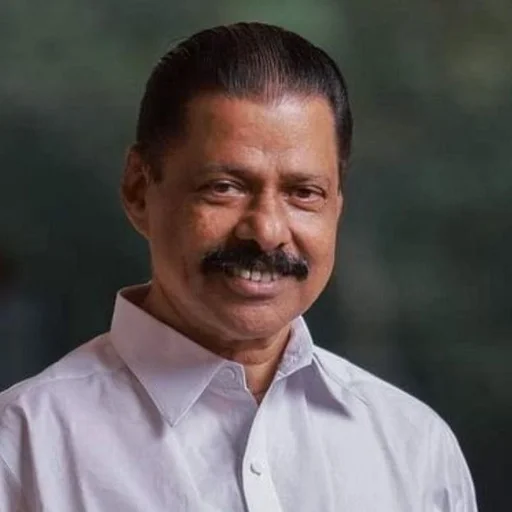A recent statement by the Kerala state secretary for the Communist Party of India (Marxist), or CPI(M), has caused friction with a prominent Muslim cleric. M.V. Govindan, the CPI(M) leader, addressed the idea of a “uniform civil code” during a press conference last week. His comments, which some believe were critical of certain religious personal laws, quickly received a strong response from Kanthapuram A.P. Aboobacker Musliyar, an influential Islamic scholar.
Specifically, Govindan’s remarks touched upon the importance of equality and fairness in personal laws across different religions. This concept is often discussed when considering a uniform civil code, which would create one set of laws for all citizens, rather than having separate religious laws. However, Musliyar quickly expressed his disagreement. He said that attempts to weaken religious personal laws were “unacceptable.” Moreover, Musliyar added that such actions would be seen as a violation of religious practices and beliefs that are essential to many faiths.
This debate about a uniform civil code has a long history in India. Indeed, it often creates a division between those who support secular laws and those who worry about the impact on religious freedoms. Musliyar further explained his position, stating that, “The current attempts to introduce a uniform civil code are aimed at destroying the unique identity of the Muslim community.” This disagreement between a political figure and a religious leader shows how complex and sensitive these issues can be when dealing with religion and law in a diverse society.
Furthermore, the differing viewpoints are likely to add fuel to the ongoing national discussion about the need for a uniform civil code. As this disagreement plays out, it’s clear that finding common ground on these issues will not be an easy task. The situation underscores the challenge of balancing individual rights with religious freedoms in a country with diverse communities and traditions.
